How to write a resume without work experience?
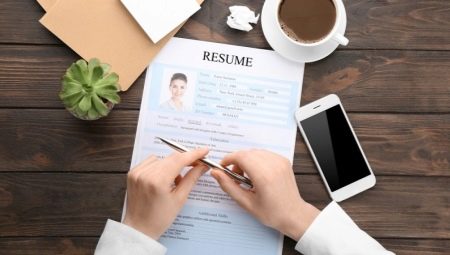
When applying for a job, a mandatory document is a resume. Its compilation requires special attention, accuracy and thoroughness, since it is thanks to the provision of this document that the employer will judge the applicant as a professional and a person. In the process of writing a resume, difficulties often arise. Most often, they are faced by young professionals, yesterday's graduates of universities and those people who have decided to change their profession and do not have relevant work experience.
How to write a resume correctly? What sections should be included in the document if there is no work experience? What is not necessary to write about? You will find answers to these and some other questions in our article.
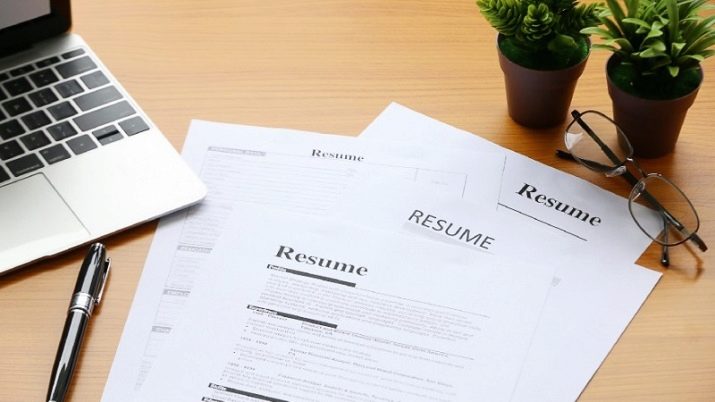
Basic compilation rules
Writing a resume without work experience is a rather difficult task that every graduate faces after graduation. We will tell you how to do it correctly and what points should be taken into account.
Compliance with grammar rules
In order for your resume to be taken seriously by the employer (as a full-fledged official business document), you must make sure that it does not contain punctuation, grammar, spelling, lexical, stylistic or any other errors. In this regard, before sending the document to the employer, you must read it carefully several times. If possible, ask close family or friends to help you.
In addition, today there are a large number of programs and applications that are able to check the correctness of the spelling of the text. You can use them as well. One way or another, but your resume should be impeccable from a grammatical point of view.
Typos and missing punctuation marks will not work in your favor. The employer will not perceive you as a professional and you will not get the position you want.

Conciseness
Another important rule of thumb for writing a resume for a job is this is the observance of the scope of the document. For example, in the business community, it is believed that the optimal length of a resume is 1 page (in special cases, a 2-page resume may be acceptable). In this regard, you need to tell about yourself as briefly as possible, without overloading the document with unnecessary and irrelevant information for the employer.
Remember that when looking for a specialist for a particular position, the employer receives tens and hundreds of responses, so he does not have time to re-read all the documents, be attentive and respectful to your potential boss.
Formal business writing style
All business documents have one thing in common (resume is no exception in this respect) - they are written in a formal business style. It means that the language of the letter should be as clear and simple as possible, you cannot use ambiguous phrases and expressions, as well as any other techniques of artistic writing (for example, epithets or metaphors). Also it is forbidden to write colloquial and colloquial words.

Clear structure
A resume is a document that must be structured clearly and clearly. Typically, a resume consists of several sections, each with its own subheading. For convenience and ease of perception, the text contained in each of the subsections can also be formatted as a numbered or bulleted list.
Neat design
Depending on the specific position, the resume can be nominated a variety of design requirements (in this case, you should focus on the job description, as well as the area in which you plan to work). So, for example, for corporate work (for example, for the position of economist and lawyer), you should draw up your resume minimalist, do not use bright colors and additional elements. On the other hand, any creative job (like a designer or make-up artist) allows you to show your creativity and originality.
At the same time, in both cases, it is recommended to use the same font throughout the entire document, highlight subheadings and other important information, align the document to the width of the sheet.
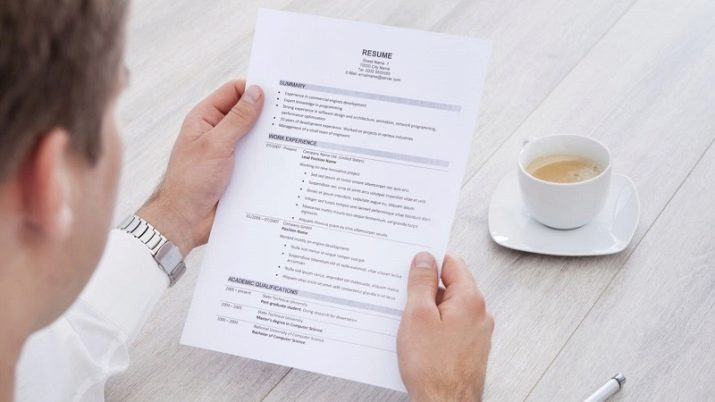
Manifesting individuality
Employers report that when looking for a suitable candidate for a particular position, they receive a large number of identical resumes. Such applicants not only do not stand out from the crowd, but also do not get the desired position. The thing is that thanks to constantly developing technologies, today on the Internet you can find a sample resume for any specialist (including those who have no work experience). Therefore, many job seekers simply copy these templates and send them to the employer.
This tactic is wrong. Your resume is a reflection of you not only as a professional, but also as a person. Therefore, it is very important that the document for the hiring is personalized.
How do I fill in the sections?
For the placement of a young novice specialist in the first place of work (for example, after receiving a bachelor's degree, changing specialization or after the army) it is important to fill in all sections of the resume correctly... Only in this case can you expect to get a good job. At the same time, the content of the document for employment will depend on who and where the young person wants to work: in the Ministry of Emergencies, in a bank, in a creative agency, as a copywriter, flight attendant, ecologist, freelancer, speech therapist, journalist, etc.

On the other hand, the sections themselves remain unchanged.
- Personal qualities. Write only about those characteristics that are relevant to the position for which you are applying.So, for example, a journalist will be helped by communication skills, a lawyer - attentiveness to details, a programmer - a love of routine work, etc.
- Target... Here you need to indicate the desired position. You can also describe in more detail those responsibilities that you are ready to perform in the course of work.
- Education. In this block, in chronological order, you need to list all those institutions in which you were trained. In this case, first of all, you need to indicate universities and colleges, and then - courses, trainings, master classes and similar events that contribute to improving your qualifications as a professional.
- Work experience. Due to the fact that you do not yet have real work experience in your specialty, it is recommended to write in this column those internships and practices that you took in the course of your studies. To prove your diligence, responsibility, discipline and competence, you can also attach positive reviews and testimonials from employers. Also here you can paint your academic or other achievements. For example, write that you won a regional competition or became a laureate of an award.
- Skills. The professional skills and abilities that are universal and useful in any profession include knowledge of foreign languages, as well as the ability to work with a computer. However, at the same time, it is necessary to talk about those specific skills that will help you in performing the specific job for which you are applying (for example, knowledge of programming languages or the ability to negotiate).
- The photo... Attach your photo in the upper left corner. As a general rule, having a picture is required only if your professional activity is directly related to communicating with people. However, the photo can be posted in other cases as well.

What shouldn't you write about?
To make your resume look professional, it is worth avoiding one of the most common mistakes among young professionals - including unnecessary information in the document.
- Too much personal information... As mentioned above, the resume should be short enough (as a general rule, no more than 1 page). Accordingly, the document should not contain irrelevant and unnecessary information. So, for example, the employer is not interested in the details of your biography and personal life. Such data should be necessarily excluded from the document.
- Excessive salary expectations. Very often, young specialists with no work experience have inadequate and overestimated expectations regarding material remuneration for their work. In this regard, it is not recommended to include this line in the resume. It is recommended to talk about wages with the employer already at the stage of the personal interview.
- False and irrelevant information. If they provide deliberately false information, applicants run the risk of not only being rejected, but also destroying their reputation even before starting their career. Also, the resume does not need to write information that is not directly related to the desired position.
For example, experience as a photographer does not matter if you are applying for the position of an economist (and vice versa).

Examples of
Today, on the Internet, you can find a huge number of resume samples and templates that were compiled by specialists with no work experience. When writing your document required for employment, you can focus on such well-written examples.
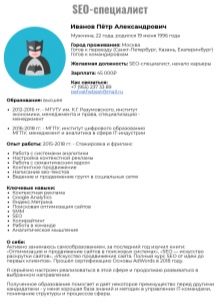
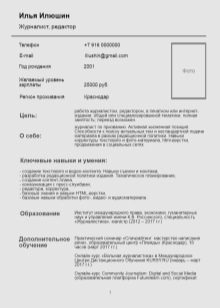
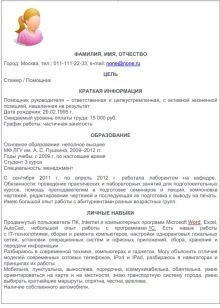
At the same time, it is not recommended to copy or literally rewrite the proposed samples. You have to bring originality and your own personality to them.








